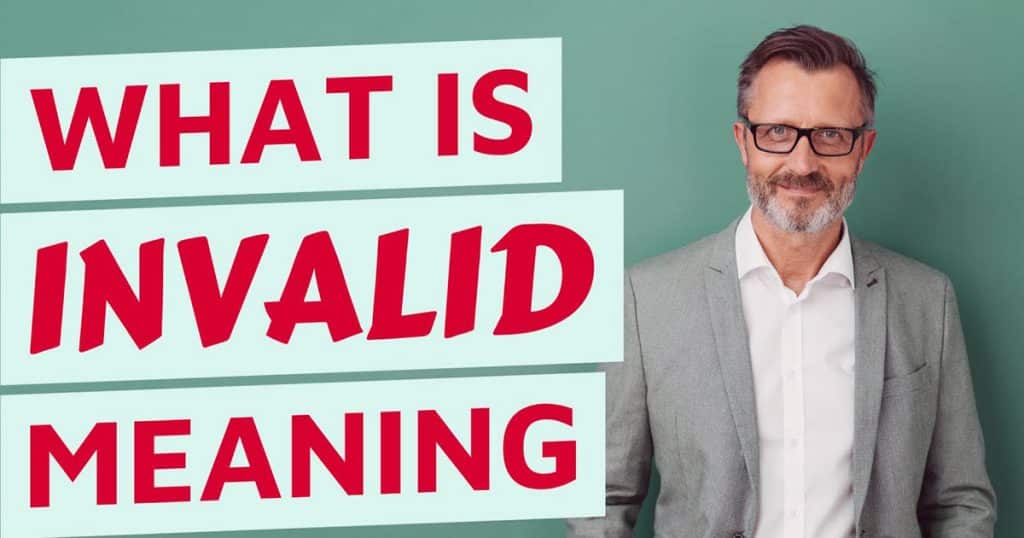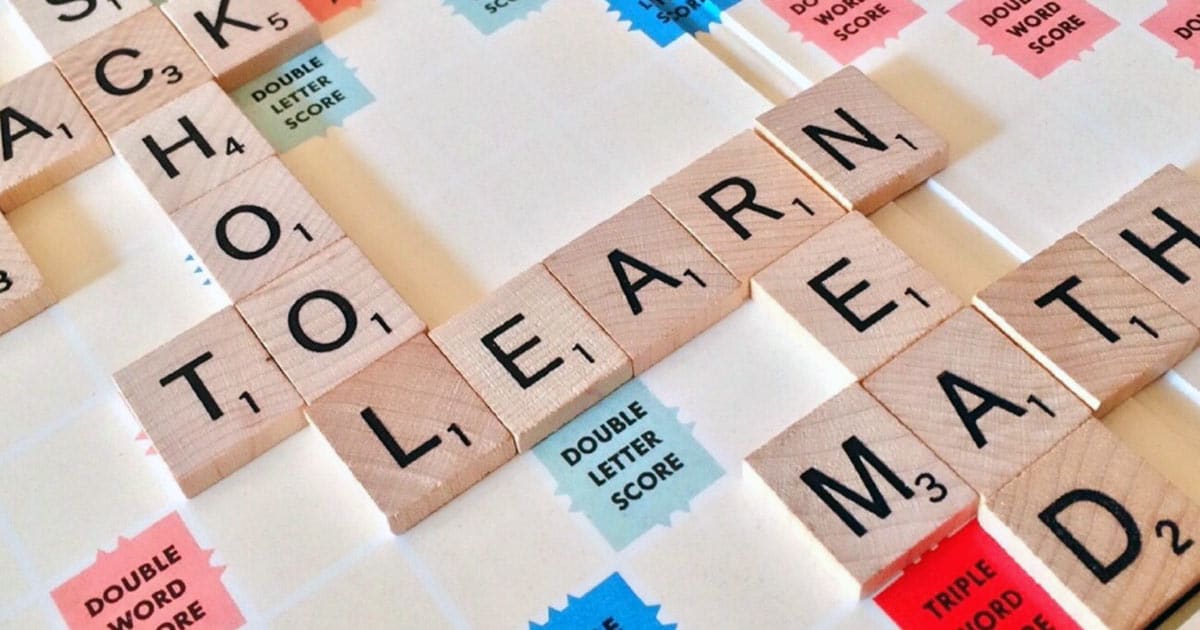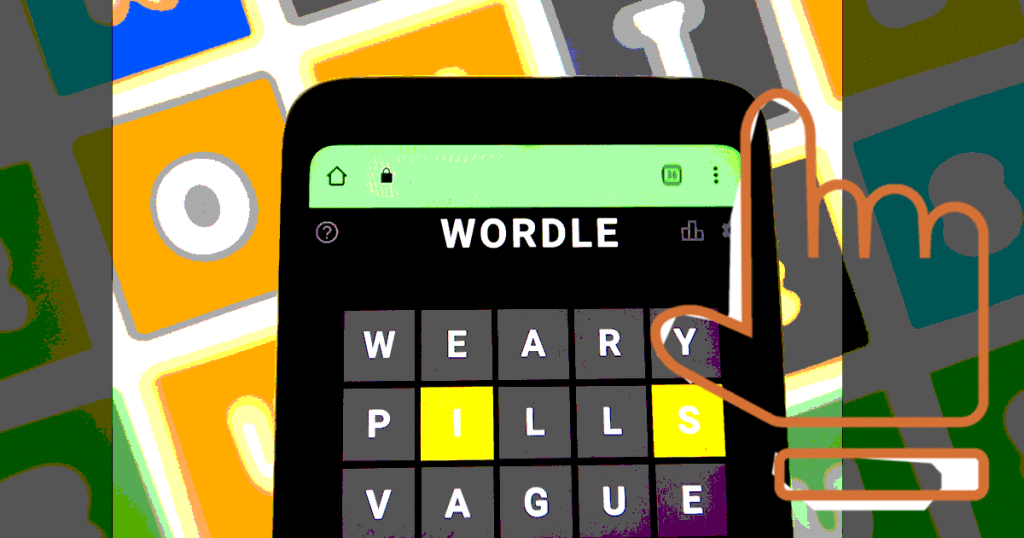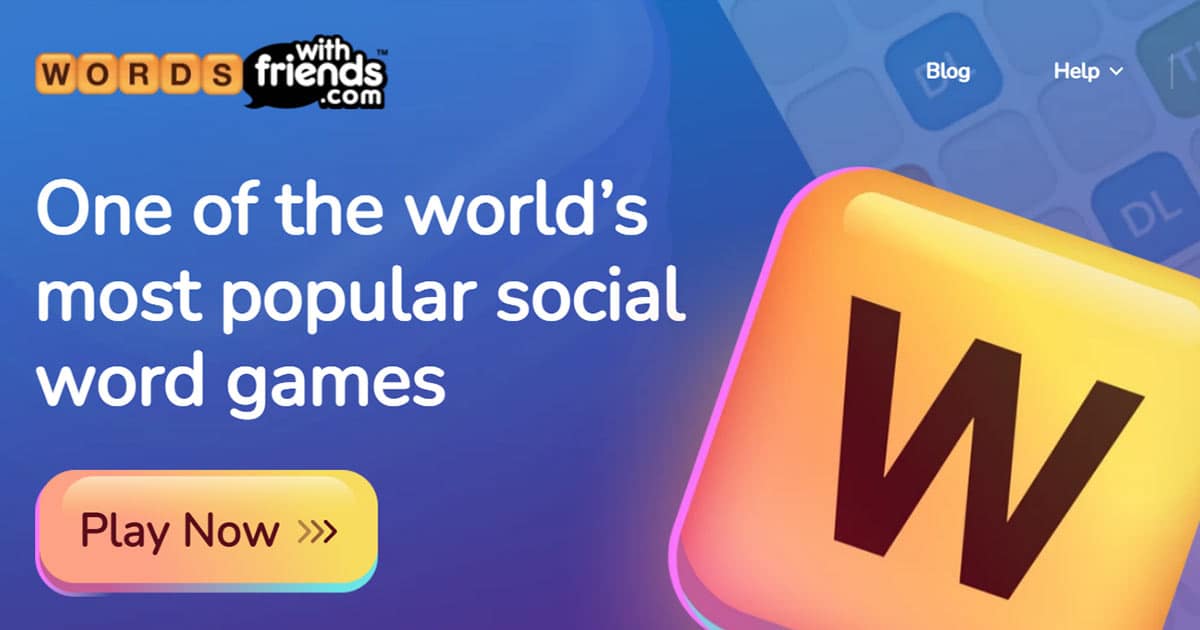We thought it would be a fun exercise to list all the 5 letter English words without vowel letters. The following list are real words only. We found other lists with old or made-up, silly words. You’ll enjoy this list of interesting words if you’re a fan of word puzzles.
The five-letter words with no vowels (consonants only) are short words not containing “a, e, i, o or u”. They almost always use the letter “y” effectively as the vowel. The list of words without vowels (a, e, i, o, u) can be used when you play Wordle®, Words with Friends®, Scrabble®, and more.
5 letter words, with definitions and example sentences
Here are real 5-letter words without traditional vowels (A, E, I, O, U). These words utilize Y and W as vowels and are valid for games like Wordle®, Words with Friends®, and Scrabble®. This list also counts as showing the 5 letter words with the most consonants. They all have 5 consonants.
byrls
A plural form of “byrl,” which refers to a cask or container for liquids, typically used in historical contexts.
Example: “The cellar was stocked with several byrls of ale, ready for the festival.”
cwtch
A Welsh word meaning a cozy or safe place; often used to describe a hug.
Example: “After a long day, she found a cwtch in her favorite chair.”
crwth
An ancient Celtic musical instrument (stringed) that was popular in medieval Wales.
Example: “The musician played a beautiful melody on his crwth, the sweet, mellow sound filling the room.”
crypt
A stone chamber or underground room, often used as a chapel or burial place.
Example: “After the funeral service, the deceased was laid to rest in the crypt beneath the church.”
cysts
Closed sacs, usually filled with liquid, semisolid, or gaseous material, occurring anywhere in the body.
Example: “The ultrasound revealed multiple cysts on her ovary, so the doctor recommended surgery to remove them.”
dryly
In a dry manner; lacking in moisture or interest.
Example: “She replied dryly that she had no interest in going to the party.”
flyby
A flight past or over something, especially a spacecraft flying past a celestial body.
Example: “The astronauts were able to get a good look at the planet’s surface during the flyby.”
fyrds
Old English for a military force or army.
Example: “The king called upon the fyrds of his kingdom to defend against the invading army.”
ghyll
A ravine or narrow valley with a stream running through it (variant of “gill”).
Example: “The hikers followed the ghyll until it opened up into a wider valley.”
glyph
A carved or inscribed symbol or character, especially in an ancient script.
Example: “The archaeologists were excited to find an ancient glyph carved into the stone.”
gymps
A colloquial or dialectal variation of “gumps,” meaning foolish or clumsy individuals.
Example: “The gymps tripped over their own feet during the parade.”
gynny
A variant spelling of “ginnie,” which can refer to a type of small boat or to the word “genie.”
Example: “They sailed across the lake in a gynny, enjoying the serene surroundings.”
gyppy
A slang term derived from “gypsy,” often used informally to describe something related to gypsies.
Example: “She loved the vibrant patterns and colors of the gyppy scarves.”
grrrl
A term originating from the feminist punk movement, describing a young woman who is independent and assertive.
Example: “The grrrl band’s music was loud and political, addressing issues of sexism and homophobia.”
gymps
A colloquial or dialectal variation of “gumps,” meaning foolish or clumsy individuals.
Example: “The gymps tripped over their own feet during the parade.”
gypsy
A member of a traditionally itinerant people (an Indo-Aryan ethnic group) who originated in northern India and now live chiefly in south and southwest Asia, Europe, and North America.
Example: “The gypsy fortune teller told the young woman that she would meet the love of her life on a journey.”
hymns
A religious song or poem of praise, especially to God or a deity.
Example: “The choir sang hymns during the Sunday morning service.”
hyphy
A subgenre of hip hop music that originated in the San Francisco Bay Area in the early 2000s, characterized by its fast tempo and aggressive lyrics.
Example: “The hyphy rapper’s fast-paced beats and energetic performances made him a fan favorite.”
hwyls
Plural of “hwyl,” a Welsh word meaning a passionate or enthusiastic mood or feeling.
Example: “The crowd was filled with hwyls as the band took the stage.”
kydst
A rare or archaic term, possibly relating to “kydd,” an old dialect word for a friend or companion.
Example: “He spent the evening with his kydst, reminiscing about old times.”
kynds
Plural of “kynd,” an old term referring to a type of ship or boat.
Example: “The harbor was filled with several kynds ready to set sail at dawn.”
lymph
A transparent, usually slightly yellowish fluid present in the lymphatic vessels, helping to maintain the balance of body fluids.
Example: “The doctor ordered a lymph node biopsy to check for cancer.”
lynch
To put to death, especially by hanging, by mob action and without legal authority, for an alleged offense.
Example: “The mob lynched the accused thief without a fair trial.”
myrrh
A fragrant resin obtained from certain trees and used in perfumes, incense, and medicines.
Example: “The frankincense and myrrh were gifts brought to the baby Jesus by the wise men.”
myths
Traditional stories, especially those concerning the early history of a people or explaining some natural or social phenomenon, typically involving supernatural beings or events.
Example: “The myths of ancient Greece told stories of gods and heroes.”
mythy
Resembling, concerned with, or of a subject for myth.
Example: “The supernatural thriller had a mythy theme.”
nymph
A beautiful, graceful young woman from ancient Greek mythology.
Example: “The nymph danced gracefully through the forest, her long hair flowing behind her.”
phpht
An interjection used to express disdain or contempt.
Example: “I can’t believe he had the audacity to ask for a raise after missing so many deadlines. Phpht, he doesn’t deserve it.”
psych
An abbreviation for “psychology,” the scientific study of the human mind and behavior, or to mentally prepare oneself.
Example: “The psych major was fascinated by the ways in which the mind worked.”
pygmy
A member of an ethnic group characterized by their short stature and traditional way of life.
Example: “The pygmy tribe lived in harmony with the forest, using its resources without depleting them.”
rynds
Plural form of “rynd,” an iron bar that spans the hole in the upper millstone and supports the stone on the spindle.
Example: “The miller carefully inspected the rynds to make sure they were in good condition before starting the mill.”
skyrs
Plural of “skyr,” a type of Icelandic dairy product similar to yogurt.
Example: “They enjoyed bowls of skyrs topped with fresh berries for breakfast.”
skyfs
Cigarettes (slang from South Africa).
Example: “Skyfs are a common cause of preventable death and disease, as they contain nicotine, which is highly addictive, and other harmful chemicals that can cause cancer and other serious health problems.”
slyly
In a clever or sneaky way, often with the intention of achieving something without being detected.
Example: “She slyly slipped the extra piece of cake into her bag when no one was looking.”
synds
Plural of “synd,” a term used in some dialects to refer to sins or wrongdoings.
Example: “He confessed his synds during the solemn ceremony.”
stymy
(or “stymie”) An American English verb meaning to block or hinder the progress or development of something.
Example: “The new regulations were designed to stymy the growth of small businesses by imposing heavy fines and bureaucratic red tape.”
sylph
A slender, graceful woman or girl, imagined as a small, feminine elemental spirit of the air.
Example: “The sylph was a beautiful, ethereal creature that lived in the forest.”
synch
To synchronize.
Example: “The director synched the sound and the video in post-production.”
syncs
Abbreviation for “synchronizes.”
Example: “The syncs between the audio and the video were off, causing a delay in the production.”
synth
Short for “synthesizer,” an electronic instrument capable of generating a wide range of sounds.
Example: “I just bought a new synth and I can’t wait to start experimenting with all of the different sounds it can make.”
thymy
Fragrant, as if with thyme.
Example: “The thymy scent of the herbs filled the kitchen as she cooked.”
tryps
A shortened form of “trypsin” or “trypsinization.”
Example: “The cells were difficult to isolate, so we had to use a higher concentration of tryps to dissociate them from the tissue.”
tryst
A private meeting or romantic rendezvous between lovers.
Example: “The lovers met at their secret trysting place by the river.”
typps
A unit of measurement for the thickness of yarn, equal to the weight in pounds of one thousand yards of the yarn.
Example: “The thickness of the strand was 1.5 typps.”
TYMPs
Plural of “tymp,” a term used in some dialects to refer to a type of drum or musical instrument.
Example: “The band featured several tymps that added a deep resonance to their music.”
wryly
In a wry manner; with a twist or bend that is often humorous or ironic.
Example: “She looked at him wryly and asked if he really thought that was a good idea.”
wynds
A narrow street or lane, especially in a Scottish burgh.
Example: “The narrow wynds of the old Scottish town were easy to get lost in.”
xylyl
A chemical compound belonging to the class of aryl alkyls, with the chemical formula C₈H₁₀.
Example: “The researcher used xylyl as a starting material to synthesize a new compound with potential medicinal properties.”
xysts
Ancient Greek or Roman covered walkways, especially those used for exercise or promenade.
Example: “The ancient Greeks were known for their use of xysts, which served as a place for physical exercise and socialization.”
Other Words That Aren’t Used in Modern English

Here are more five letter words. But know that you won’t normally find a definition for these in modern English dictionaries. These are “words” you can’t usually use in a word game unless you can find them in the dictionary you’re using: FHLMC, PDFLP, SHDSL, syphs.
To check that these are invalid, you can always use online dictionaries like these: Collins, Merriam-Webster. But the final say may be the Scrabble Check from Collins.
What Are Vowels Anyway?
In the English language, vowels are a type of speech sound that is made with the vocal cords open and the airflow unrestricted. They are syllabic speech sounds produced in an open way. Vowels are an essential part of spoken language, as they help to convey the meaning of words and sentences.
There are 26 letters in the English alphabet, and five of them are vowel letters: A, E, I, O, and U (and sometimes Y). Vowels can be short or long, and they can be pronounced in different ways depending on their position in a word and the sounds that come before and after them.
You can form words using the semivowels, such as W and Y, when playing Scrabble or any other word game. For example, the “w” in the word “we” and the “y” in the word “yet” are pronounced like vowel sounds. The technique is especially useful when you’re caught holding just consonant letter tiles and no vowels.
The vowel sounds in English can be grouped into two categories: monophthongs and diphthongs. Monophthongs are 12 vowel sounds that are pronounced with a single, pure vowel sound, such as “a” in “cat” and “e” in “pet”. Diphthongs are more complex vowel sounds that are pronounced with a combination of two vowel sounds, such as “oy” in boy or “ow” in “cow”.
Word Games Where This List May Be Handy
Five letter words with no vowels can score you points or get you out of trouble in word games. Popular games include Scrabble, Wordle, and Words with Friends.
Scrabble

Scrabble is a game in which players use letter tiles to create words on a game board. Each letter tile has a point value, and players score points by adding tiles to form new words. Players draw letter tiles from the bag to replace the ones they use, maintaining 7 tiles for each play.
5 letter words without vowels are handy when vowels are in short supply. This can happen when you hold few or no vowels, and few vowels are available to use on the game board. You probably won’t score very much though. For example. “glyph” (8 points), “lynch” (8 points), and “nymph” (9 points) are less valuable then longer words with more complex letter combinations
Wordle

Wordle is a word puzzle game in which players are presented with a set of letters and must use those letters to create as many words as possible. The game is typically played online and may involve a time limit or other constraints. Players may be scored based on the length or difficulty of the words they create.
Wordle can be a fun way to improve vocabulary and problem-solving skills. Studying word lists like the one on this page alone can enhance your vocab. Worldle, and also Quordle and Octordle, use 5-letter words for each clue. You should know that, when using the list of 5 letter words without vowels, Wordle may choose common words as the correct answer.
Words with Friends

Words with Friends is a popular mobile game that is similar to the board game Scrabble. Players take turns placing letter tiles on a game board to form words. Each word earns the player points, based on the length and rarity of the letters used.
Words with Friends has various modes, including a classic mode in which players take turns making moves, and a speed mode in which players try to make as many words as possible in a limited amount of time. Being able to produce 5 letter words without vowels offers a distinct advantage.
Words with Friends is available to play on smartphones and tablets, and can be downloaded from the App Store or Google Play. It can also be played online through the game’s website.

#22 on your list (pyxis) contains an i, which is by most people considered to be a vowel.
Correct. Don’t know how that one got in there. Thanks for letting us know. Removed now.